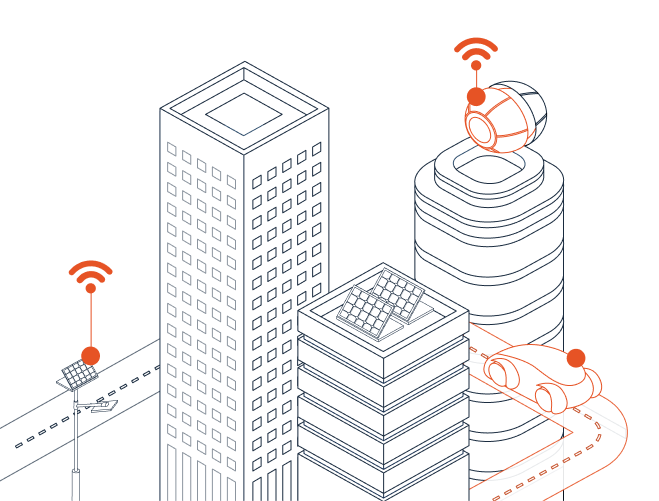
As technology rapidly advances, smart spaces are revolutionizing our interactions with physical environments. From smart buildings and interconnected cities to homes and workplaces, these intelligent environments harness cutting-edge technologies like the Internet of Things (IoT), artificial intelligence (AI), sensor integration, and data analytics. Their purpose? To elevate functionality, efficiency, and safety. By leveraging these innovations, smart spaces optimize operations, enhance user experiences, and pave the way for a more interconnected and intelligent world.”

Smart spaces, also known as intelligent environments, utilize technology to improve the functionality, efficiency, and safety of physical locations such as buildings, cities, and workplaces. This is achieved by integrating sensors, IoT devices, connectivity infrastructure, and data analytics. Integrated systems enable smart spaces to gather, analyze, and respond to real-time data, optimizing operations and enhancing user experiences. Smart spaces encompass smart buildings, cities, homes, offices, and retail environments.
The global smart spaces market is forecast to reach $38.7 billion by 2028, driven by increasing urbanization, digitalization, and adoption of smart technologies across various industries. Smart buildings are expected to contribute significantly to this market, reflecting the growing demand for energy-efficient, sustainable, and intelligent building solutions.
Smart spaces represent the future of urban living, workplace efficiency, and customer engagement, offering limitless opportunities for innovation and optimization. Achieving excellence in innovation requires collaboration among stakeholders, including technology providers, urban planners, architects, facility managers, and end-users. Collaboration is essential to design and implement intelligent solutions that will effectively address real-world challenges.
Organizations can unlock the full potential of smart spaces by embracing principles of openness, interoperability, scalability, and sustainability, realizing smarter, safer, and more sustainable environments for all stakeholders.
In summary, smart spaces revolutionize how we live, work, and interact with our surroundings. By harnessing the power of technology and data, smart space solutions enable more efficient, sustainable, and user-centric environments, ultimately enhancing economic growth and quality of life.Join our Digital Industry ecosystem and strengthen your capabilities worldwide.
From Innovators, Practitioners and Strategic Thinkers Across Industry